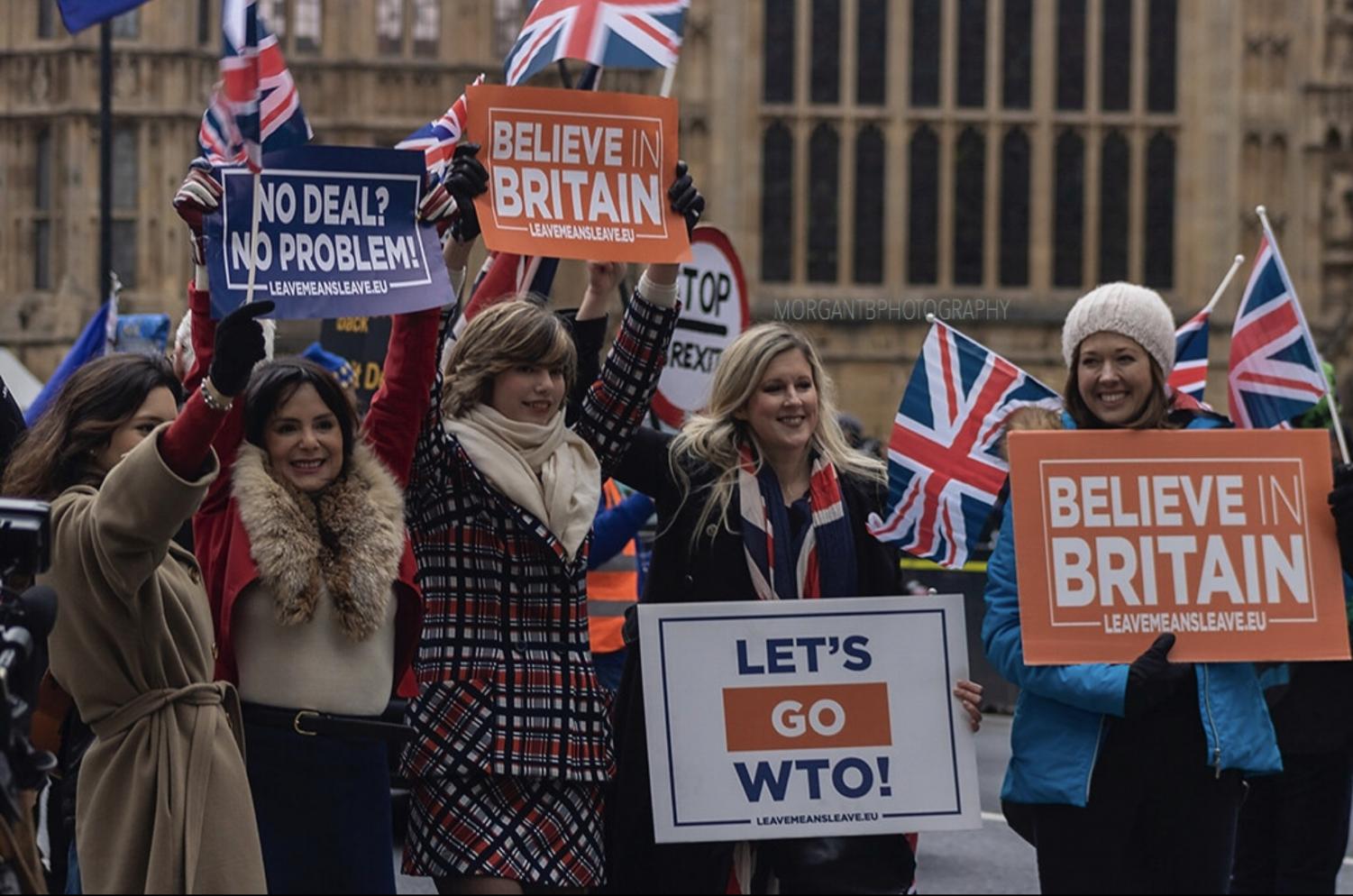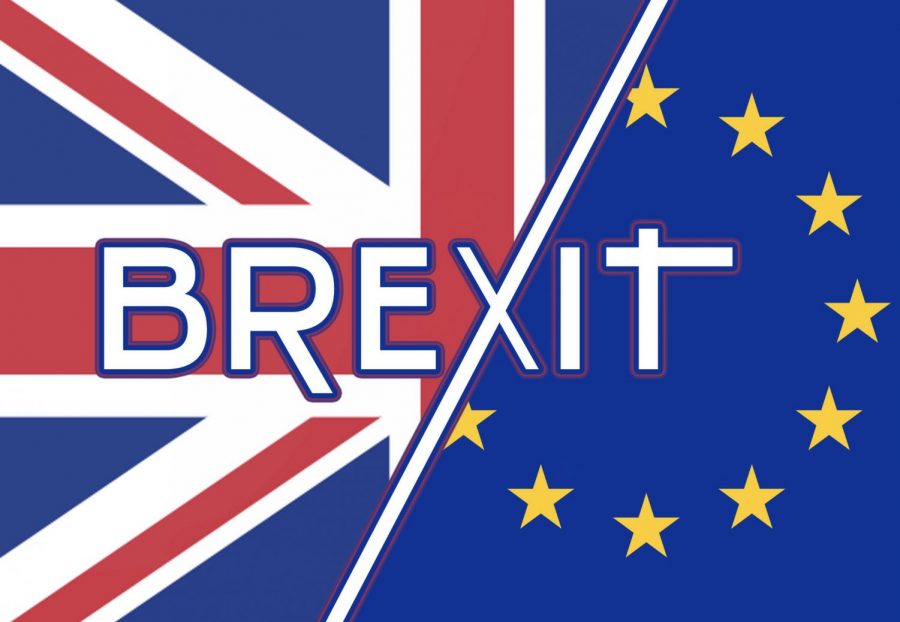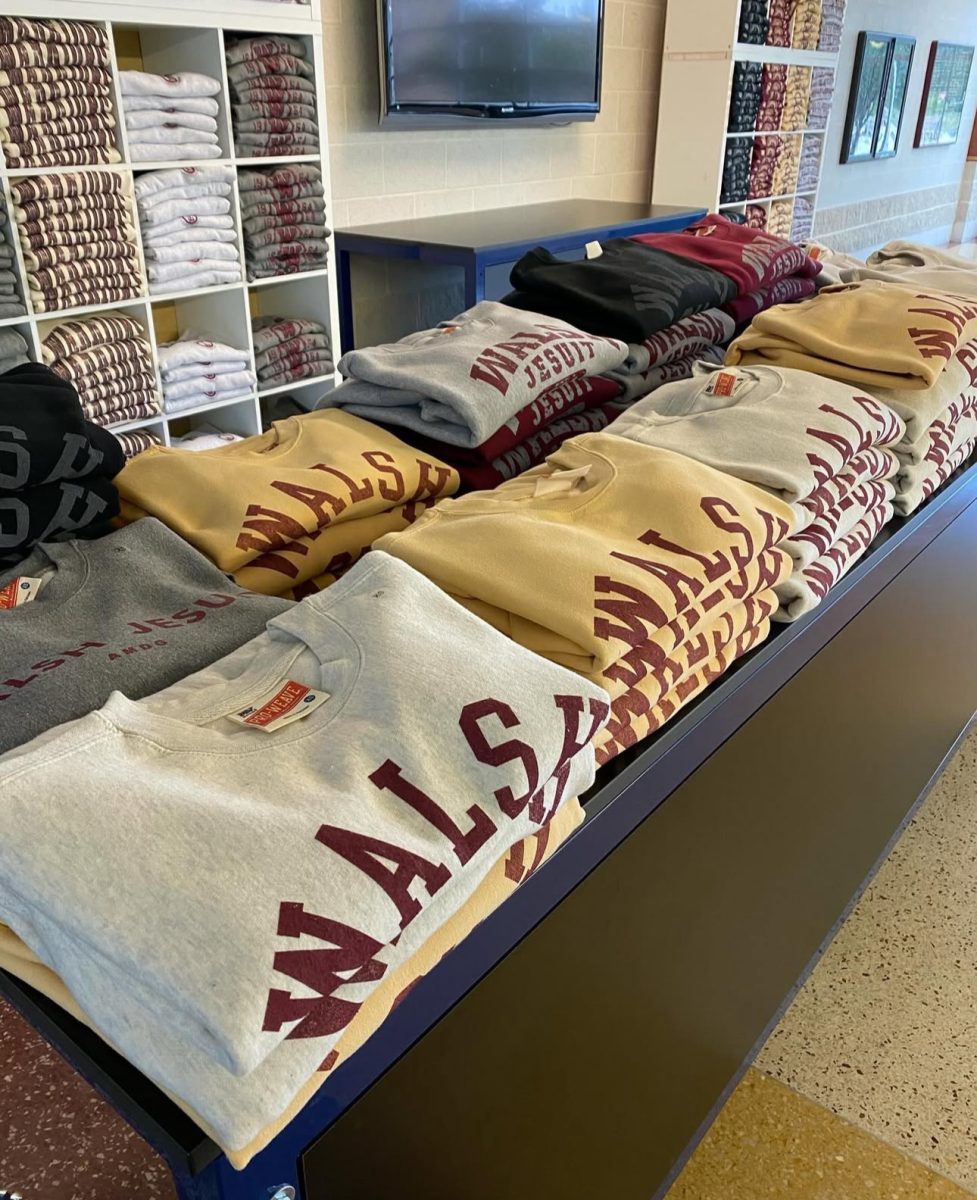Just what is Brexit?
September 26, 2019
The British voters’ decision to leave the European Union (EU) on June 16, 2016, has already impacted the world’s fragile economy. The result has both economists and common people befuddled. Roughly three years later, no deal has been reached between the United Kingdom (UK) and the EU.
The political, economic, and cultural concerns surrounding the Brexit issue essentially make the situation an intricate chess game with no fixed winner. The UK will leave the EU; it’s just a question of when and how. Currently, the newly elected Prime Minister, Boris Johnson, has promised to expedite the process. Johnson’s views contrast with Parliament’s about leaving the Union. Johnson wants to leave by October 31 whether there is a deal or not, and stated, “I would rather be dead in a ditch than ask for a Brexit extension.” A majority of Parliament does not want to leave without a deal because of the serious economic ramifications in the UK and the rest of the world.

The contentious issue of how and when to leave the EU, known as Brexit, is causing turmoil for the people of the United Kingdom.
There are concerns among the other EU countries as well. Former French President Francois Hollande commented, “If it’s all ‘win win’ to easily withdraw from the EU, then that would mean the end of the European project.” Many EU countries fear that, if Britain leaves the Union without consequences, other countries and their own pro-exit enthusiasts will gain enough traction to follow suit. This would lead to the end of the EU and severely hurt the European and world economies.
The “Irish issue” presents several red flags. Northern Ireland, along with Scotland, has voted to stay in the European Union, but the other UK provinces, England and Wales, have voted to leave. This is why Britain is trying to create a backstop or exception to keep the “soft border” between Northern Ireland and Ireland. Arlene Foster, the DUP leader, stated, “… the prime minister confirmed his rejection of the Northern Ireland-only backstop and his commitment to securing a deal which works for the entire United Kingdom as well as our neighbors in the Republic of Ireland.”
A solution must be found in order for Northern Ireland to keep its “soft border” with the Republic of Ireland. Both want to maintain the free movement of people and goods on the island. Leaving the EU would mean establishing a “hard border,” which would impose tariffs on goods and create issues with visas and many other logistical problems.
To put it bluntly, the majority of the British people feel cheated by the EU because they believe many people from less developed EU countries, like Poland, reap the benefits of their modern economy. They also oppose the influx of migrants and want more control of their borders. In short, an overwhelming number of issues exist: the Irish border question looms, the EU economy will slow down, trade will suffer, and many others.
In the coming months, this will all play out on a global stage and the world will be watching.











